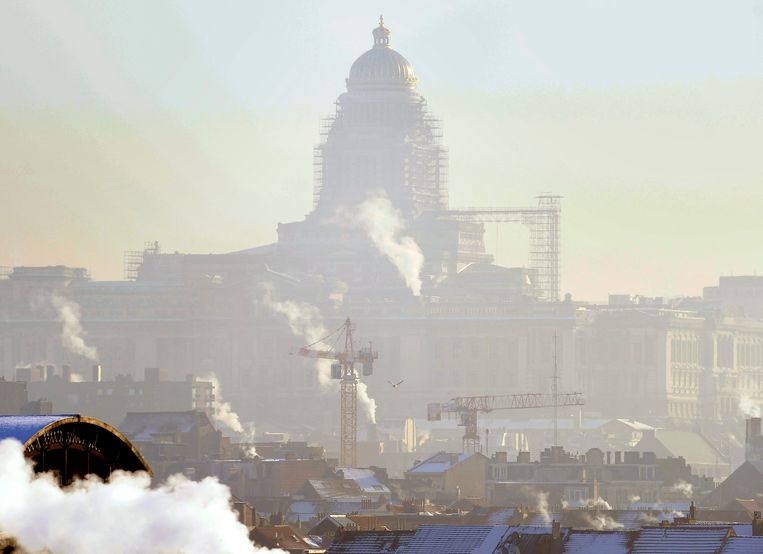People living in Brussels have been asked to help improve the region's air quality by sharing their ideas and opinions on how to do so on a recently launched online platform.
Pollution and exposure to fine particle matter (including PM2.5, NO2 and O3) in the air resulted in around 1,000 deaths in 2018. The region is now calling on citizens to become engaged and help improve air quality via an online platform, which is available in French, Dutch and English.
"Tell us what you want to change in Brussels, what you are willing to do to change the air here in Brussels and in other European cities!" Alain Maron, the Brussels-Capital Region Environment minister and sponsor of the campaign, said.
As part of the "Brussels for Clean Air" campaign, funded by the European Commission, citizens can take direct action to improve their living environment and be involved in the production of public policies on air quality in the region.
According to recent data, the reference thresholds for key air pollutants, as recently redefined by the World Health Organisation (WHO), are exceeded in many places in the region. Measures of nitrogen dioxide (NO2), 60% of which are emitted by road traffic in the Brussels Region, were taken at 134 sites, including 67 schools and 2 nurseries.
Related News
- No fresh air: Brussels parks not as green as they seem
- Brussels falls far short of health standards on nitrogen dioxide
"Despite quarantine and reduced road traffic, the main emitter of NO2, the air in Brussels is still too polluted. Children, whose bodies are still developing, are particularly vulnerable to this pollution," Pierre Dornier, president of the non-profit association De Luchtzoekers said after publishing the results of the study.
Sharing concerns to creating policies
The project is divided into four phases, of which the first one, allowing citizens to share their issues and concerns related to the air quality in the region via an online questionnaire, is ongoing until the end of March.
In the next stage titled ‘Problem Solving’, which will run between April and June, people can propose solutions to the problems they have mapped in the previous phase. These will then be selected between July and September when people can evaluate the solutions proposed to highlight the most popular ideas and priorities for European policy-makers.
Finally, during the final two months of this year, people will be asked to formulate policy proposals based on ideas formed during previous steps, together with experts in the field and guided by the European Environmental Bureau.
"The participation of the population is essential in this process to allow a real co-production of environmental public policies between citizens and policymakers," a statement from European Citizen Action Service (ECAS) read.

